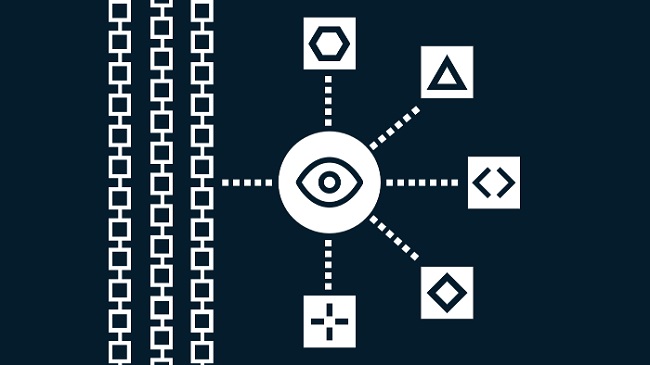The purpose of this article is to give you a thorough explanation of what are blockchain oracles, and what are the various types of oracles? Also, What are the problems associated with it, and what the future holds for oracles? So without any further delay, let’s get straight into the topic.
What are oracles in blockchain?

The Oracles act as a third party that performs the function of providing some accurate data set to blockchains. In simple terms, oracles are services that permit smart contracts to receive information from sources outside of their network.
WebAPIs, market feeds, scrappers, webhooks, hardware sensors, etc., are some of the oracles, which act as a third party and provide the necessary data required to execute smart contracts.
Read Also:
What are smart contracts now?
Smart contracts or crypto contract is a computer program that is stored inside of a blockchain. Smart contracts are self-executing contracts that contain the terms and conditions of an agreement between the parties.
The terms and conditions are written in code, and these agreements facilitate the exchange of digital assets such as digital currencies, shares, etc.
Types of Oracles:
Hardware Oracle – Hardware oracles get direct information from outside sources and make it available to smart contracts or RFID sensors in the supply chain industry.
“For example, in supply chain management, if an object with an RFID tag was to arrive at a particular warehouse, this data can then be sent to a smart contract. As a result of which, hardware oracles can facilitate the tracking of goods along the supply chain.”
Software Oracle – Software oracles send direct information from online sources using APIs, webhooks, etc. The information includes temperature readings, public transport information, flight delays, cryptocurrency rates, etc. The oracle extracts the relevant data from online sources and pushes it into the smart contracts.
Consensus-based Oracle – The data passed through a consensus-based oracle is considered the most accurate as using only one source of information could be unreliable and risky.
The Blockchain Oracle Problem
There are disadvantages associated with blockchain oracles as well. One of the biggest and prime obstacles is providing wrong data.
Oracle requires trust.
The sources that oracles use to provide the data to smart contracts can be wrong. Therefore, security concerns stand at higher risk as Smart contracts allow credible transactions that are irreversible.
According to some sources, various platforms have started working on consensus-based Oracles protocols, like Delphi, Oraclize, Chainlink.
However, Augur’s Oracle protocol has been giving good results lately. Augur is a Decentralized prediction marketplace, and it allows anyone to place bets on future events.
What does the future hold for oracle?
Oracles are essential for smart contracts and blockchains as it is the only connection that is bridging these two with the physical world.
With an introduction to AI and the blockchain, oracles will play a significant role in providing an autonomous implementation of smart contracts within the blockchain. And with more platforms working on oracles protocols, the chances to encounter fault-tolerant Oracles will certainly be resolved shortly.
Read Also:
Conclusion
Smart contracts require oracles as, without them, they will have to use the information that already exists on the network, which will hinder their capabilities.
Oracles are a reliable connection between the outside world and smart contracts via the third party, and with the upcoming protocols, oracles will get more decentralized.